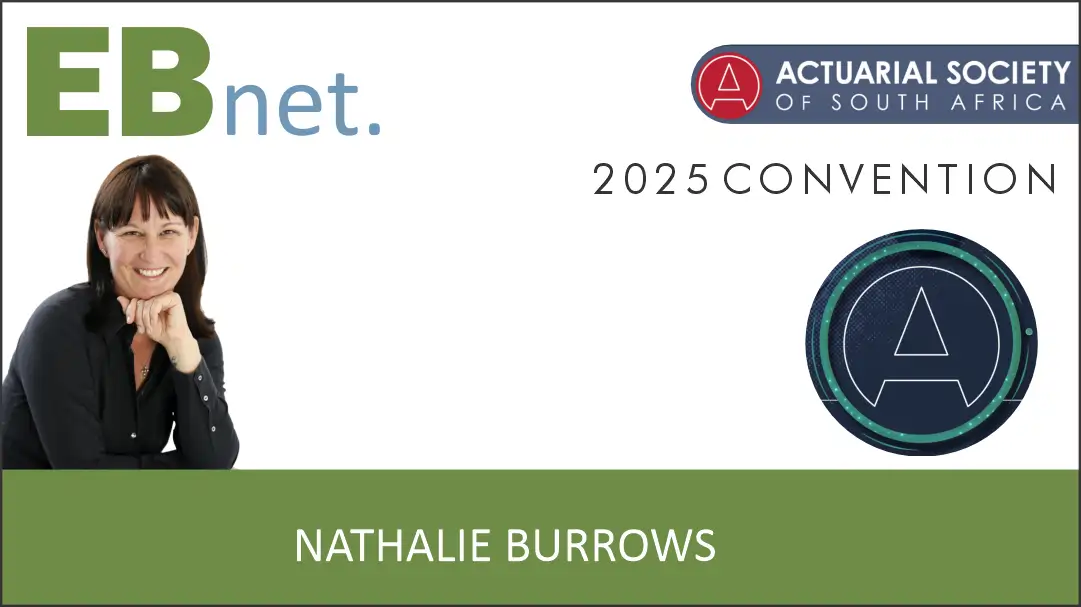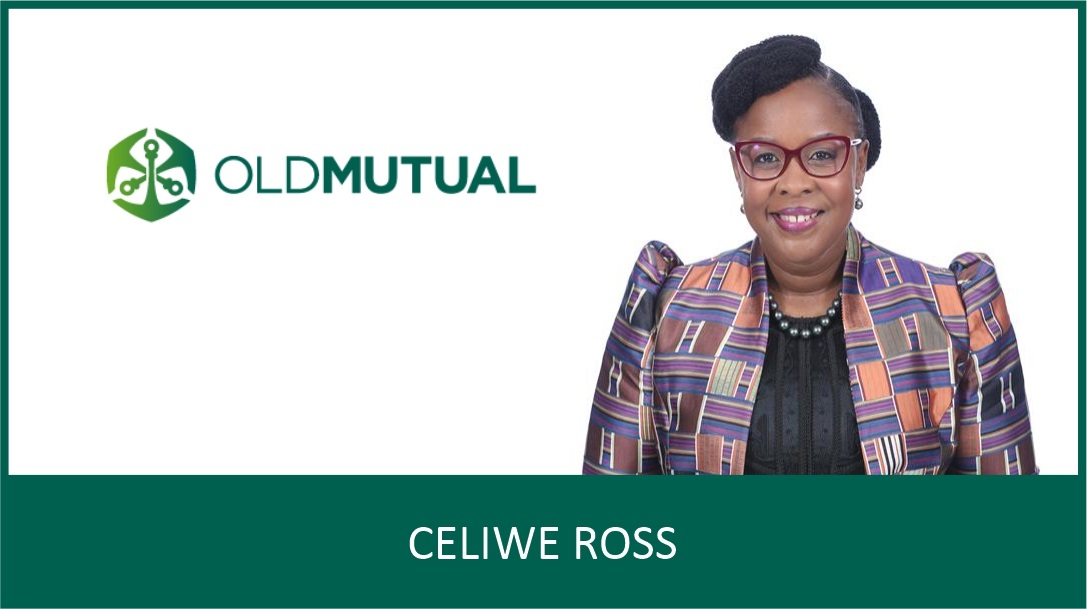Nathalie Burrows, Editor at EBnet
The 2025 Allan Gray Through the Noise conference brought together industry leaders, regulators and experts to focus on enhancing communication, financial wellness and innovation in South Africa’s retirement fund sector. For me, one of the key highlights was Uche Enemchukwu’s insightful commentary on how retirement fund communication must evolve to truly resonate with members.
Enemchukwu started by emphasising that retirement planning doesn’t happen in a vacuum – rather, it is intertwined with members’ overall financial wellness. Retirement savings are just one piece of a broader financial puzzle that includes managing everyday expenses, debt, health costs, education fees and unforeseen life events. By acknowledging this complexity, retirement funds can design engagement strategies that relate directly to members’ lived experiences instead of treating them as isolated savers of funds. This holistic approach, she noted, is essential for meaningful communication that leads to better participation and outcomes. She called this “meeting members where they are”.
She further explained that traditional messaging focused purely on technical aspects like contribution rates and investment returns often fails to address members’ real concerns and socio-economic challenges. Product design plays a critical role in overcoming these two very real obstacles. Funds, and the financial sector as a whole, should consider reducing barriers by creating products that integrate financial wellness considerations – such as easier access to information, automatic tools to manage contributions, or flexible fund options responding to life changes. The goal is to simplify saving and retirement decision making, turning complexity into clarity.
Education is another pillar Enemchukwu highlighted, underscoring its power to build confidence. Effective educational content should demystify technical jargon, explain benefits in tangible terms and empower members to take action without feeling overwhelmed. Importantly, this learning process must address emotional factors like fear or mistrust, which often inhibit engagement.
Technology and artificial intelligence were major themes in Enemchukwu’s perspective on personalising these efforts. She conveyed optimism that tech-enabled solutions are revolutionising how funds connect with members, regardless of their socio-economic status or financial literacy levels. AI-powered platforms, she said, can provide personalised guidance, targeted nudges and real-time support that meet members precisely where they are on their financial journeys. This approach not only enhances accessibility but also levels the playing field, ensuring that fund members across diverse backgrounds receive tailored assistance and relevant information to improve their retirement readiness. Put yourself in the shoes of a member who is trying to decide between buying food or buying electricity. How would you feel if you received a fund communication on making extra contributions to your retirement savings? It’s not unreasonable to assume that that piece of communication would alienate that member right away – leading them to believe that their retirement fund, and retirement funding in general, isn’t “for them”.
Far from creating cold, impersonal interactions, Enemchukwu emphasised that carefully designed tech can augment human advisers and foster trust by delivering empathetic, responsive communication. By leveraging data insights, funds can identify those most in need of support and intervene proactively. This ability to tailor outreach and education dynamically has transformative potential, especially for younger or historically underserved member groups.
Now, what if I told you that Uche Enemchukwu is from the United States and works with retirement funds and benefit structures around the world? I couldn’t help but be surprised that the problems we face in our South African context are universal. I’m not disputing we do have unique challenges, but low financial literacy, low member engagement and the lack of a willingness to save for the future is a global experience. I’ll admit to feeling some pride when Enemchukwu acknowledged South Africa’s newly implemented two-pot system as a positive step, a case study for other countries to take note of.
Turning to regulatory developments, the conference featured a panel discussion with Felicia Hlope (Allan Gray), Nicolette van Vuuren (Webber Wentzel), and Sanchia Petrie (FSCA) focused on the evolving regulatory environment for retirement funds. They explored how new conduct standard for administrators is reshaping operational practices and enhancing member protections. And a much needed alignment step towards the successful implementation of COFI for all financial institutions.
The FSCA’s ongoing work refining the trustee toolkit was highlighted as a vital resource to strengthen trustee oversight and governance capabilities. After issuing warning letters to the 20% or so of Trustees who hadn’t completed their TTK, many have subsequently complied and there were some who resigned.
A central theme of the panel’s conversation was the coverage imperative – ensuring more South Africans have access to quality retirement funding solutions – and panelists debated the direction regulatory efforts are taking to widen participation and improve fund sustainability. The FSCA is considering auto-enrolment, micro-pensions and other possible solutions.
Of particular note was the increasing scrutiny on fees, with a particular mention of the two-pot withdrawal system. The consensus was that fees will receive closer attention to ensure transparency, fairness and value for members moving forward. This focus reflects growing awareness that fees materially impact retirement outcomes and member trust. The comment that stood out for me was the FSCA’s stern warning that they would not accept cross-subsidisation of fees – ie where those members who don’t take withdrawals paying for those members who do.
Finally, a cybersecurity panel featuring Anna Collard (KnowBe4), Katlego Masemola (Orion Cyber) and Andrew Henwood (Blck Rhino) spotlighted the crucial issue of cyber resilience under Joint Standard 2 of 2024. Collard starkly reminded delegates that cyber attacks have become a routine threat, emphasising that the likelihood of experiencing such an attack is now higher than catching the flu. This sobering reality calls for robust, ongoing investment in security measures to protect sensitive member data and maintain fund operational integrity.
The panel stressed a proactive approach that combines technology, strong governance frameworks and regular staff training to anticipate and respond to evolving cyber threats. The weakest link is most often the humans and a once a year training session is simply not enough to keep awareness and vigilance high. As retirement funds increasingly rely on digital platforms and data, ensuring resilience against cyber risks is indispensable for safeguarding member interests and maintaining industry trust. Big or small, your fund or business needs to comply with this standard.
Overall, the 2025 Allan Gray Through the Noise conference was a compelling convergence of fresh thinking on communication, regulation and technology – paving the way for a more inclusive, transparent and secure retirement fund industry in South Africa.
ENDS

























































































